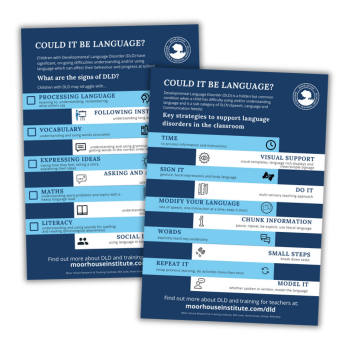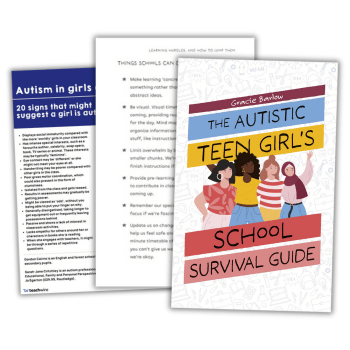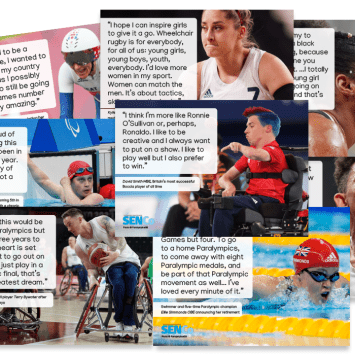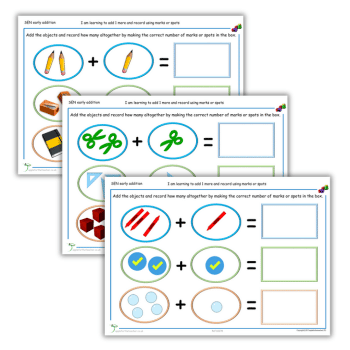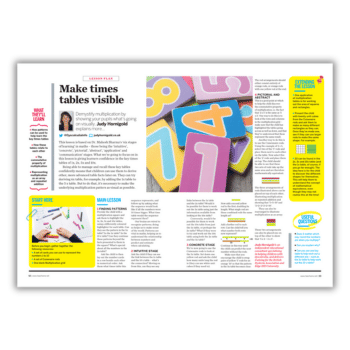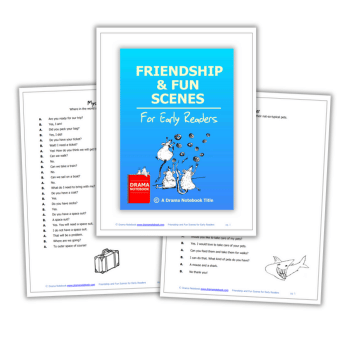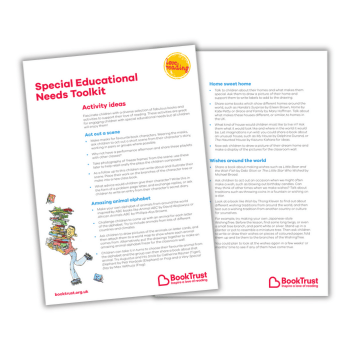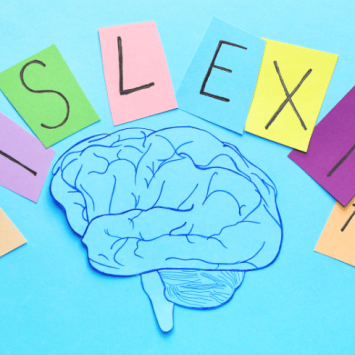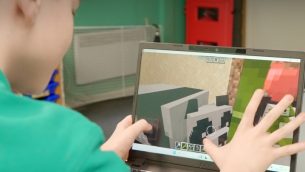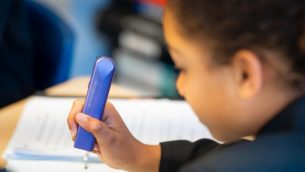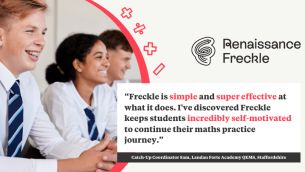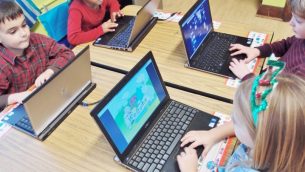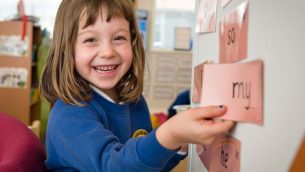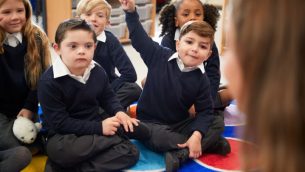Primary SEND
Are you looking for help with inclusive lesson planning? We have a range of articles, lesson plans and resources for pupils with SEND, from relationships to following autistic pupils’ interests. Our primary school SEND resources are created by education experts and practising SENCos.
Explore Primary SEND
Free Primary SEND Resources
Primary SEND CPD Downloads

This eight-part series will give you practical suggestions for helping autistic children – during Autism Acceptance Week an... more

These vital members of staff deserve strong support – here’s how best to help
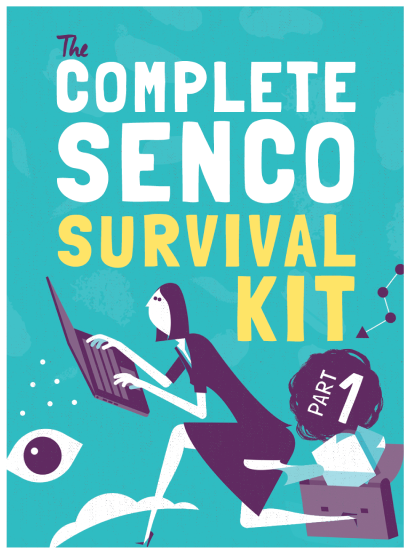
This free CPD bundle provides outstanding support for every primary SENCO
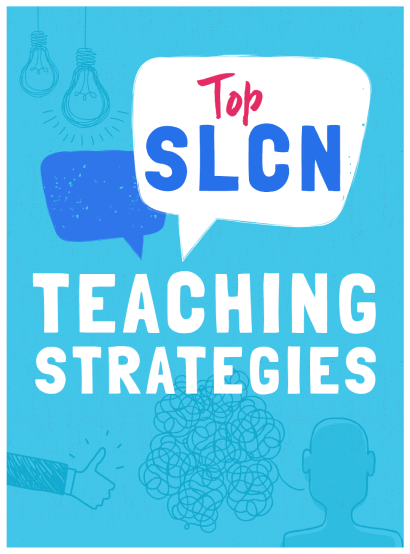
Boost pupils’ communication skills by learning new and creative ways to tackle SLCN




